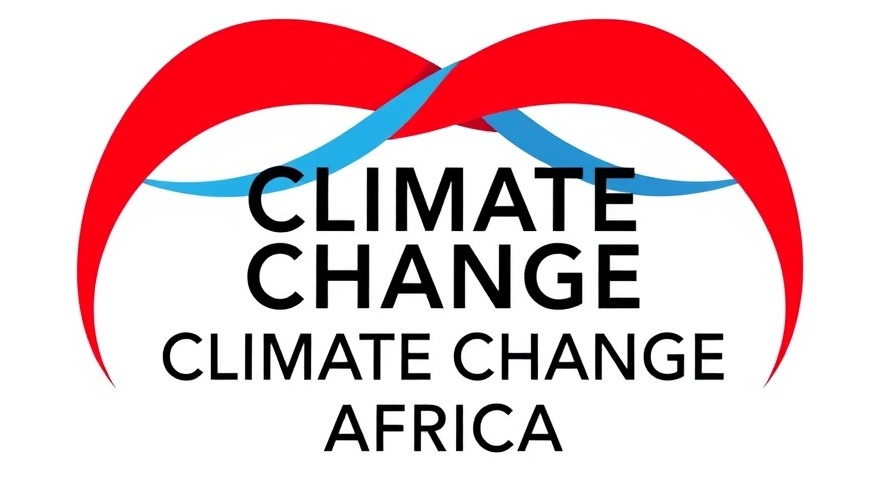
Climate Change's Silent Health Emergency
The implications of climate change extend far beyond environmental impacts; they threaten the health and well-being of millions across Africa. Despite contributing less than 4% of global greenhouse gas emissions, Africa is particularly vulnerable, facing rising temperatures and extreme weather events that exacerbate health issues. The launch of the Climate Change and Health Negotiators' curriculum at the Second Africa Climate Summit (ACS2) marks a pivotal step for the continent. This initiative was born from a recognition of the urgent need to empower negotiators with the right skills and knowledge to include health in climate conversations, which has historically been overlooked.
A Call for Action on Health in Climate Policy
Experts believe that integrating health into climate negotiations is crucial to protect vulnerable populations. During the summit, Desta Lakew of Amref Health Africa highlighted the need for additional funding dedicated to health-related initiatives, ensuring that negotiators can adequately represent the needs of affected communities. The curriculum aims to equip negotiators with the necessary technical skills to advocate for more robust health policies in relation to climate change.
Past Neglect Outcome and Future Implications
Reflecting on past climate summits, the absence of health ministers in critical negotiations underscores a significant gap. At COP27, health was not part of the conversation; however, recent progress has been made, with health mentioned in declarations at COP29 in Dubai. This incrementally positive change suggests that efforts to bring health into climate discussions are gaining traction, but much work remains.
The Economic Impact of Health Neglect in Climate Actions
The lack of investment in health systems is not just a humanitarian concern but an economic one as well. Health crises strain public resources, leading to broader social implications, particularly in under-resourced regions facing the dual challenges of climate change and health emergencies. Policymakers must recognize that enhancing health infrastructure should be a priority as it forms a critical foundation for sustainable growth in the region.
Bridging the Gap: Strategies for Future Negotiations
Going forward, it is essential for African leaders and international stakeholders to prioritize health in climate negotiations. A concerted effort to secure funding, provide training, and ensure comprehensive participation of health stakeholders in policy formulation could transform how climate change is addressed across the region. Fostering dialogue among negotiators to share insights and strategies would not only enhance advocacy efforts but could lead to more inclusive and effective climate policies.
By fostering an understanding of the interconnectedness between health and climate, future summits can be more responsive to the challenges posed by climate change. Engaging diverse sectors in these conversations will not only strengthen health systems but also contribute to a more robust response to climate challenges.
 Add Row
Add Row  Add
Add 


Write A Comment